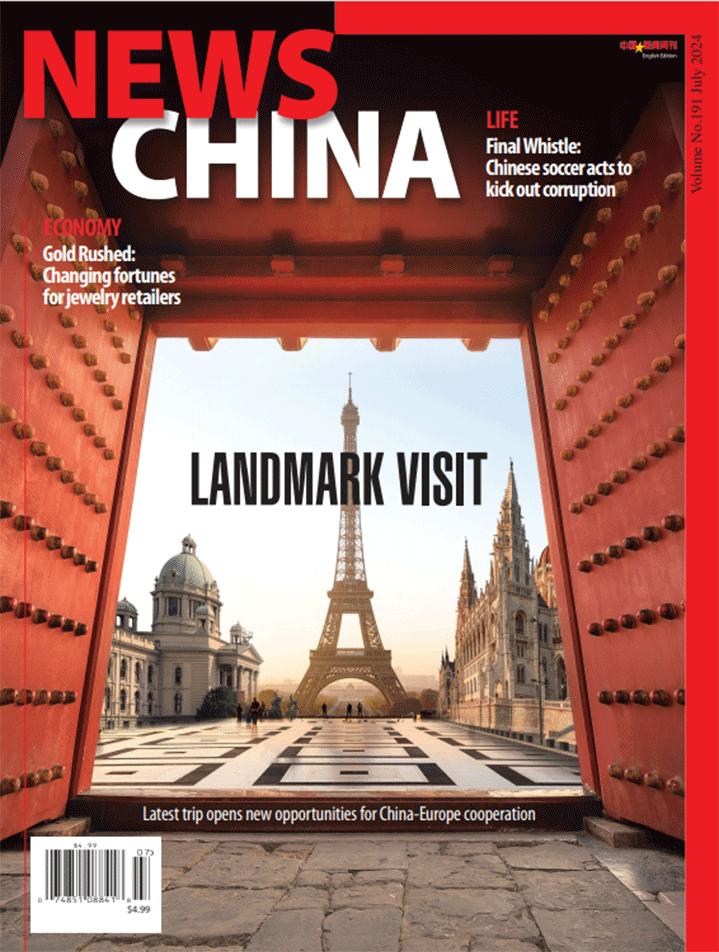In the past couple of months, some of China’s major cities announced the lifting of all restrictions on home buying, including Nanjing, capital of East China’s Jiangsu Province and Chengdu, capital of the southwestern province of Sichuan.
On May 9, Hangzhou, capital of Zhejiang Province, also announced that it had dropped all purchasing restrictions. Home to 10 million people and the West Lake, a world heritage site, Hangzhou is known to be one of the most desirable and expensive places to buy homes in China.
In the past decades, China’s real estate market experienced soaring prices and rampant speculation. Under the central government’s maxim of “houses are for living in, not for speculation,” most major Chinese cities imposed social and financial restrictions on buyers about a decade ago to tamp down the overheated property market.
Amid a debt crisis among real estate developers, low demand and falling prices, purchasing restrictions are gradually passing into history. In the past few months, even major cities which set the strictest buying standards have relaxed them. In January, Shanghai allowed single nonShanghai householders to buy homes in some areas. Beijing relaxed its purchasing restrictions on April 30 for the first time in 13 years, allowing local families to buy one additional property in non-core areas of the city.
Some of the policy adjustments are long overdue. For example, in Beijing and Shanghai, new single residents with their household registered outside the metropolises have long been banned from purchasing property. It goes against the demographic dynamics of the two cities, as residents registered as temporary account for 37.7 percent and 41.5 percent of the population in Beijing and Shanghai respectively, and a large proportion of them are single people. In Beijing, single-person households account for about 30 percent of all households, and the rate is even higher among the migrant population. Barring them from buying a home not only limits their housing options, but also dampens their desire to start a family, exacerbating the demographic crisis.
Lifting property buying restrictions could unleash real estate demand for single homebuyers in these cities. But given the lukewarm economic recovery, low market expectations, and low purchasing power of single-person households, the impact of these policies is likely to be limited.
In the meantime, as property prices are falling, the desire to own multiple properties has waned considerably. The result of big cities lifting restrictions could lead to what economists term a “siphon effect,” when capital is drawn away from smaller cities, exacerbating the difficulties in property markets elsewhere.
In the past months, authorities have taken a raft of measures to boost the real estate market. But given the growing inventory of both new and preowned homes, these measures are inadequate to address the market crisis.
There are 270 million new urban residents and migrants in China’s urban region, a group which has strong demand for housing. But as the government aims to prevent housing prices from dropping further, there is a mismatch between supply and demand for affordable housing. The government should focus on encouraging the sale of more preowned homes on the market, rather than approving even more new property projects.
At the end of day, the real estate market is a reflection of basic economic fundamentals. Only when people are confident in stable employment and have expectations of high incomes, will there be demand for improved housing and multiple property ownership that can lead to a stable real estate market.

 Old Version
Old Version